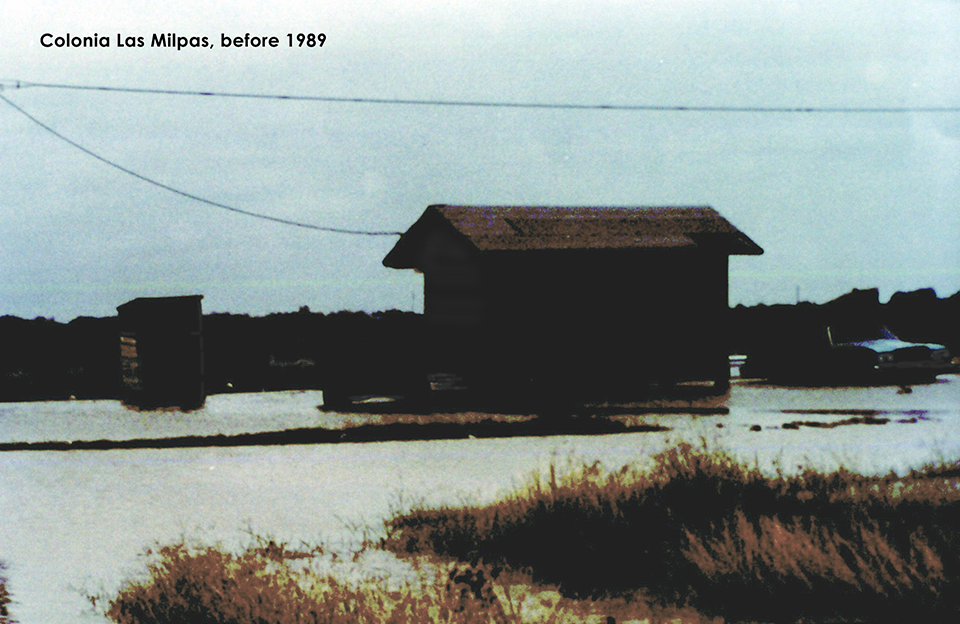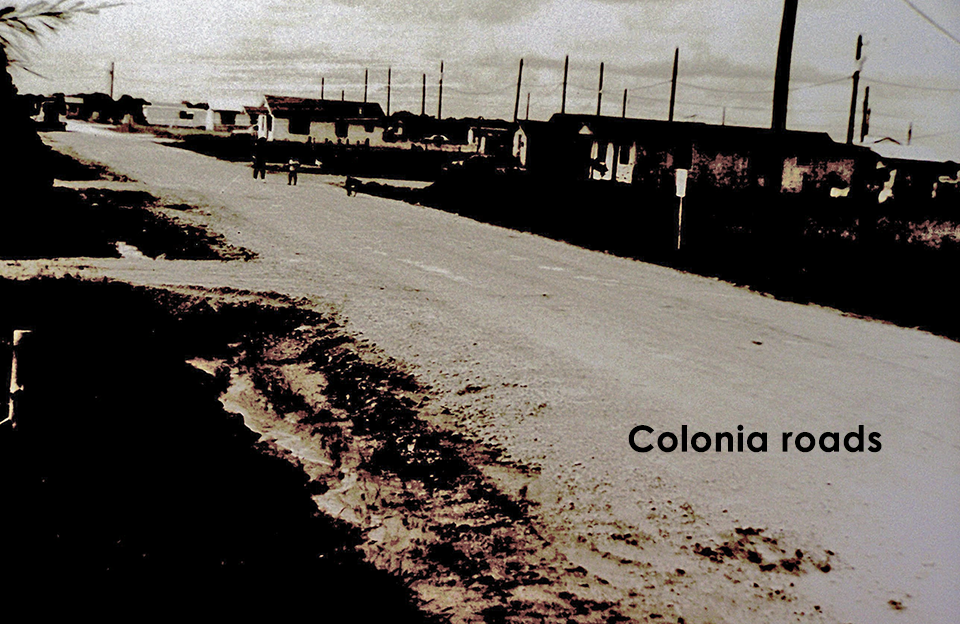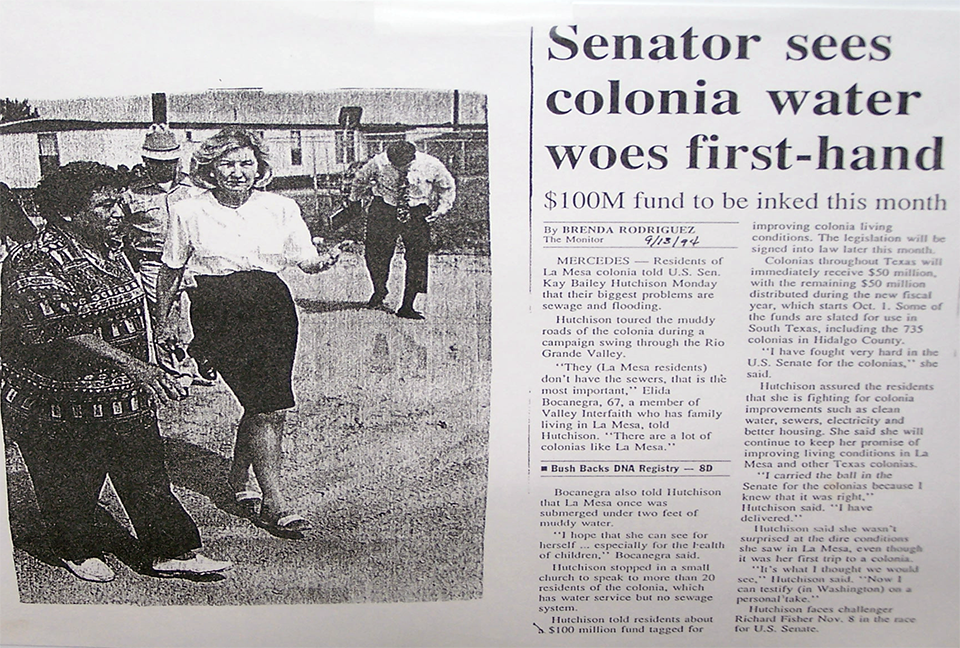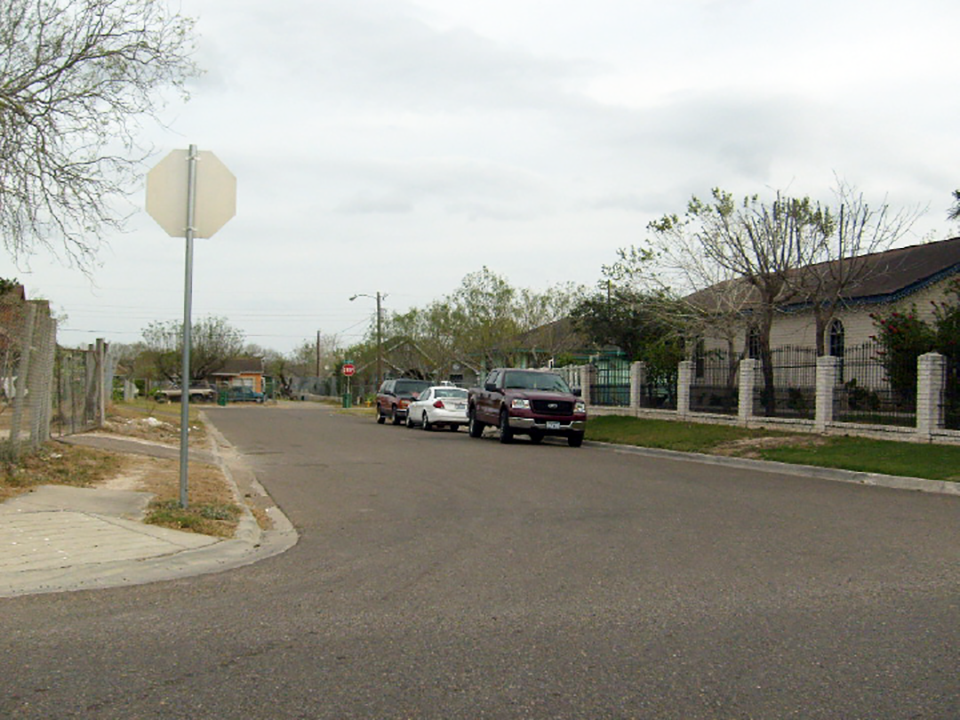Community Renewal
Making the American Dream of home ownership possible
A program organized more than 40 years ago by local churches in East Brooklyn and the Industrial Areas Foundation to build a community within a destitute neighborhood – where no one would wish to drive through, let alone live – has since enabled first-time homeowners to build equity and hope for the future, as the homes have become, literally, the foundation of community development.
And the forces behind the Nehemiah housing project have never stopped, expanding to cities around the nation, where they have built 6,500 homes.
And the forces behind the Nehemiah housing project have never stopped, expanding to cities around the nation, where they have built 6,500 homes.
Workforce Intermediaries
IAF organizations have been pioneers in workforce initiatives that bring underemployed working people out of poverty level jobs and into living wage careers. By building the political will for investment of public monies in long-term training, local organizations have successfully brought together employers, community college officials and community leaders to create long-term workforce development and education programs for actual jobs in high demand occupations.
|
|
Kino Sports Complex, Tucson
"Born as a baseball-centric facility in 1997, Kino Sports Complex has evolved into a premier multi-purpose venue used year-round for a variety of professional and amateur sports, and cultural events. It is currently the largest sports and entertainment venue in Southern Arizona." - Website
The Origin Story
Diego Pérez, PCIC leader and parishioner at Queen of All Saints Catholic on Tucson’s Southside, laid down an aggressive challenge for PCIC. His church had been important in early actions, and now he was angry at the lack of infrastructure for children and youth in his neighborhood. His push was for a massive recreation center, too long the subject of vague and endless discussion. Pérez’ proposal was more ambitious than anything imagined at that point. With the backing of his church and linkage to PCIC, he began to agitate for his vision to become reality.
It was Pérez, from his poor Southside church, who lit County Supervisor Ed Moore’s fuse and kicked off a power-political showdown.
Tucson's powerful downtown interests strongly believed that if any community center large enough to include a ballpark, playing fields, and a raft of family-friendly amenities on 300 acres should be built near downtown Tucson period, full stop.
The Kino Recreation project was opposed with escalating bombast and vitriol by Ed Moore. When far-right Paul Marsh and moderate Mike Boyd were elected, Moore took Marsh and Boyd under his wing to form a board majority. The gang of three fired County Administrator Enrique Serna and put Moore’s personal pick in his place. His job was to terminate deals that had already been struck, which included construction of the Kino Recreation Center. A battle royale over the fate of the Kino Recreation Center took shape.
Boyd sided with Moore and Marsh to kill the project. The twist was that PCIC leaders had pinned Boyd to a “yes” commitment on Kino in a dramatic confrontation during a pre-election Accountability Session. Thereafter, PCIC relentlessly hounded Boyd with reminders of his public promise.
Moore then decided to go nuclear on PCIC. His assault was pulled straight from Joe McCarthy’s red-baiting playbook. A developer/land speculator, Moore sought to poison PCIC’s relationships with Tucson civic sector institutions and business leaders. He called the organization ignorant "subversives", and ordered his staff to scour the country looking for 'dirt' on PCIC and the IAF. And he widely circulated a letter that closed with, “It is revealing to note Alinsky’s dedication of his book to the world’s first radical, Lucifer.” (Alinsky would have relished the attention.)
Naturally, some market sector leaders piled on, agitating politicians in their orbit to go on the attack. Newly elected right-wing supe Paul Marsh was one of those politicians. Marsh, whose door was always open to business moguls, “disavowed” involvement with PCIC because “as a Christian” he couldn’t accept “the disruptive and discourteous display orchestrated by members of the Pima County Interfaith Council”.
As the battle escalated, Moore and his backers were caught between the inside game with supervisors Eckstrom and Grijalva, and the outside game with the Grassroots David, PCIC. The bitter conflict raged. What finally broke it open was moderate supervisor Boyd; who eventually caved. His decisive vote in the end launched the final stone at Goliath Moore's power grab, and allowed the Kino Recreation Complex to move forward-- on Tucson's Southside.
Diego Pérez, PCIC leader and parishioner at Queen of All Saints Catholic on Tucson’s Southside, laid down an aggressive challenge for PCIC. His church had been important in early actions, and now he was angry at the lack of infrastructure for children and youth in his neighborhood. His push was for a massive recreation center, too long the subject of vague and endless discussion. Pérez’ proposal was more ambitious than anything imagined at that point. With the backing of his church and linkage to PCIC, he began to agitate for his vision to become reality.
It was Pérez, from his poor Southside church, who lit County Supervisor Ed Moore’s fuse and kicked off a power-political showdown.
Tucson's powerful downtown interests strongly believed that if any community center large enough to include a ballpark, playing fields, and a raft of family-friendly amenities on 300 acres should be built near downtown Tucson period, full stop.
The Kino Recreation project was opposed with escalating bombast and vitriol by Ed Moore. When far-right Paul Marsh and moderate Mike Boyd were elected, Moore took Marsh and Boyd under his wing to form a board majority. The gang of three fired County Administrator Enrique Serna and put Moore’s personal pick in his place. His job was to terminate deals that had already been struck, which included construction of the Kino Recreation Center. A battle royale over the fate of the Kino Recreation Center took shape.
Boyd sided with Moore and Marsh to kill the project. The twist was that PCIC leaders had pinned Boyd to a “yes” commitment on Kino in a dramatic confrontation during a pre-election Accountability Session. Thereafter, PCIC relentlessly hounded Boyd with reminders of his public promise.
Moore then decided to go nuclear on PCIC. His assault was pulled straight from Joe McCarthy’s red-baiting playbook. A developer/land speculator, Moore sought to poison PCIC’s relationships with Tucson civic sector institutions and business leaders. He called the organization ignorant "subversives", and ordered his staff to scour the country looking for 'dirt' on PCIC and the IAF. And he widely circulated a letter that closed with, “It is revealing to note Alinsky’s dedication of his book to the world’s first radical, Lucifer.” (Alinsky would have relished the attention.)
Naturally, some market sector leaders piled on, agitating politicians in their orbit to go on the attack. Newly elected right-wing supe Paul Marsh was one of those politicians. Marsh, whose door was always open to business moguls, “disavowed” involvement with PCIC because “as a Christian” he couldn’t accept “the disruptive and discourteous display orchestrated by members of the Pima County Interfaith Council”.
As the battle escalated, Moore and his backers were caught between the inside game with supervisors Eckstrom and Grijalva, and the outside game with the Grassroots David, PCIC. The bitter conflict raged. What finally broke it open was moderate supervisor Boyd; who eventually caved. His decisive vote in the end launched the final stone at Goliath Moore's power grab, and allowed the Kino Recreation Complex to move forward-- on Tucson's Southside.
* Taken from Sometimes David Wins, by Frank C. Pierson, Jr.
Bringing water & sewer infrastructure to Colonias in South Texas







